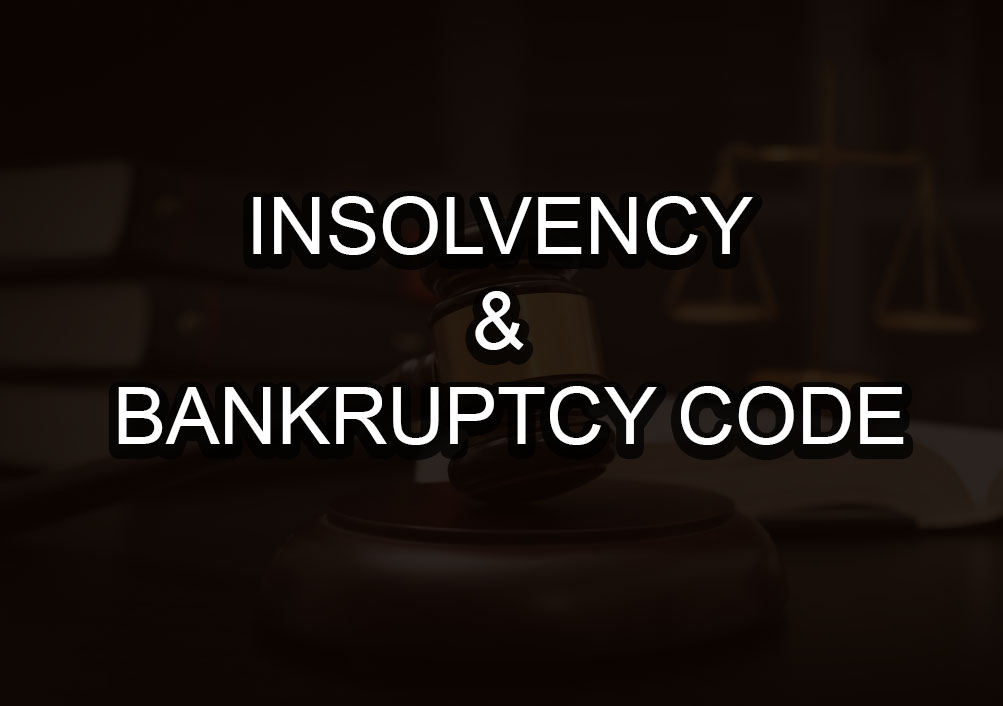Once plan is submitted to Adjudicating Authority,there is no scope for effecting further modifications or withdrawals of CoC-approved Resolution Plans, at behest of successful Resolution Applicant:SC

Read Judgment: Ebix Singapore vs. Committee of Creditors of Educomp Solutions
Pankaj Bajpai
New Delhi, September 14, 2021: The Supreme Court has ruled that NCLT does not have power to order for modifications or withdrawals of Committee of Creditors (CoC) approved resolution plans on behest of successful Resolution Applicant, once the plan has been submitted to it.
The Division Bench of Justice Dr. Dhananjaya Y Chandrachud & Justice M.R. Shah observed that resolution plan is binding and irrevocable as between CoC and successful Resolution Applicant in terms of provisions of Insolvency & Bankruptcy Code (IBC) and CIRP Regulations.
The High Court was cognizant that the extraordinary circumstance of the COVID-19 pandemic would have had a significant impact on the businesses of Corporate Debtors and upon successful Resolution Applicants whose Plans may not have been sanctioned by the Adjudicating Authority in time, for myriad reasons.
But the legislative intent of the statute cannot be overridden by the Court to render outcomes that can have grave economic implications which will impact the viability of the IBC, added the Bench.
The background of the case was that,Educomp filed a petition u/s 10 of the IBC seeking to initiate voluntary CIRP. The NCLT admitted this petition and appointed an IRP. Accordingly, an appeal was filed and the withdrawal appeal instituted by the first respondent, E-CoC, u/s 61 of the IBC against a judgment dated January 2,2020 of the NCLT at its Principal Bench in New Delhi, came to be allowed.
The NCLT had allowed the third withdrawal application filed by Ebix u/s 60(5) of the IBC to withdraw its Resolution Plan submitted for Educomp. While reversing that order, the NCLAT held that the application to withdraw from the Resolution Plan could not have been allowed since it was barred by res judicata; and the NCLT did not have jurisdiction to permit such a withdrawal.
The correctness of this view of the NCLAT came up for determination in the present appeal.
The Top Court noted that the residual powers of the Adjudicating Authority under the IBC cannot be exercised to create procedural remedies which have substantive outcomes on the process of insolvency.
The framework, as it stands, only enables withdrawals from the CIRP process by following the procedure detailed in Section 12A of the IBC and Regulation 30A of the CIRP Regulations and in the situations recognized in those provisions, added the Court.
“Enabling withdrawals or modifications of the Resolution Plan at the behest of the successful Resolution Applicant, once it has been submitted to the Adjudicating Authority after due compliance with the procedural requirements and timelines, would create another tier of negotiations which will be wholly unregulated by the statute. Since the 330 days outer limit of the CIRP u/s 12(3) of the IBC, including judicial proceedings, can be extended only in exceptional circumstances, this open-ended process for further negotiations or a withdrawal, would have a deleterious impact on the Corporate Debtor, its creditors, and the economy at large as the liquidation value depletes with the passage of time”, observed the Division Bench.
The Bench therefore highlighted that if the legislature in its wisdom, were to recognize the concept of withdrawals or modifications to a Resolution Plan after it has been submitted to the Adjudicating Authority, it must specifically provide for a tether under the IBC and/or the Regulations.
This tether must be coupled with directions on narrowly defined grounds on which such actions are permissible and procedural directions, which may include the timelines in which they can be proposed, voting requirements and threshold for approval by the CoC (as the case may be). They must also contemplate at which stage the Corporate Debtor may be sent into liquidation by the Adjudicating Authority or otherwise, in the event of a failed negotiation for modification and/or withdrawal, added the Bench.
The Top Court went on to reiterate that the existing insolvency framework in India provides no scope for effecting further modifications or withdrawals of CoC-approved Resolution Plans, at the behest of the successful Resolution Applicant, once the plan has been submitted to the Adjudicating Authority.
A submitted Resolution Plan is binding and irrevocable as between the CoC and the successful Resolution Applicant in terms of the provisions of the IBC and the CIRP Regulations, added the Court.
Successful Resolution Applicant after its submission to the Adjudicating Authority, long delays in approving the Resolution Plan by the Adjudicating Authority affect the subsequent implementation of the plan. These delays, if systemic and frequent, will have an undeniable impact on the commercial assessment that the parties undertake during the course of the negotiation, opined the Top Court.
Since the inordinate delays cause commercial uncertainty, degradation in the value of the Corporate Debtor and makes the insolvency process inefficient and expensive, the Apex Court asked the NCLT and NCLAT to be sensitive to the effect of such delays on the insolvency resolution process and be cognizant that adjournments hamper the efficacy of the judicial process.
The Apex Court therefore directed that the NCLT and the NCLAT should endeavor, on a best effort basis, to strictly adhere to the timelines stipulated under the IBC and clear pending resolution plans forthwith.
Judicial delay was one of the major reasons for the failure of the insolvency regime that was in effect prior to the IBC, added the Court.
Sign up for our weekly newsletter to stay up to date on our product, events featured blog, special offer and all of the exciting things that take place here at Legitquest.




Add a Comment